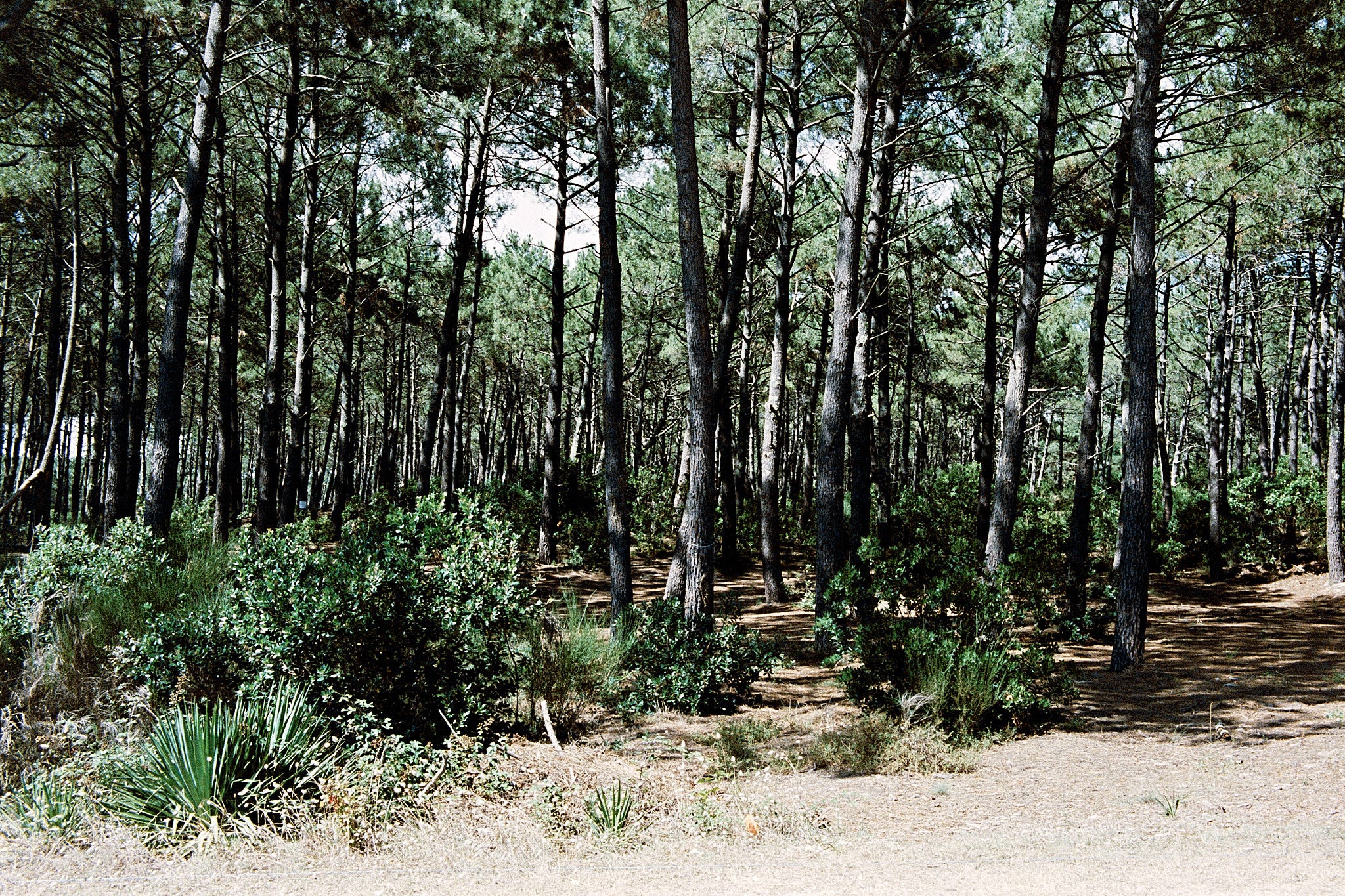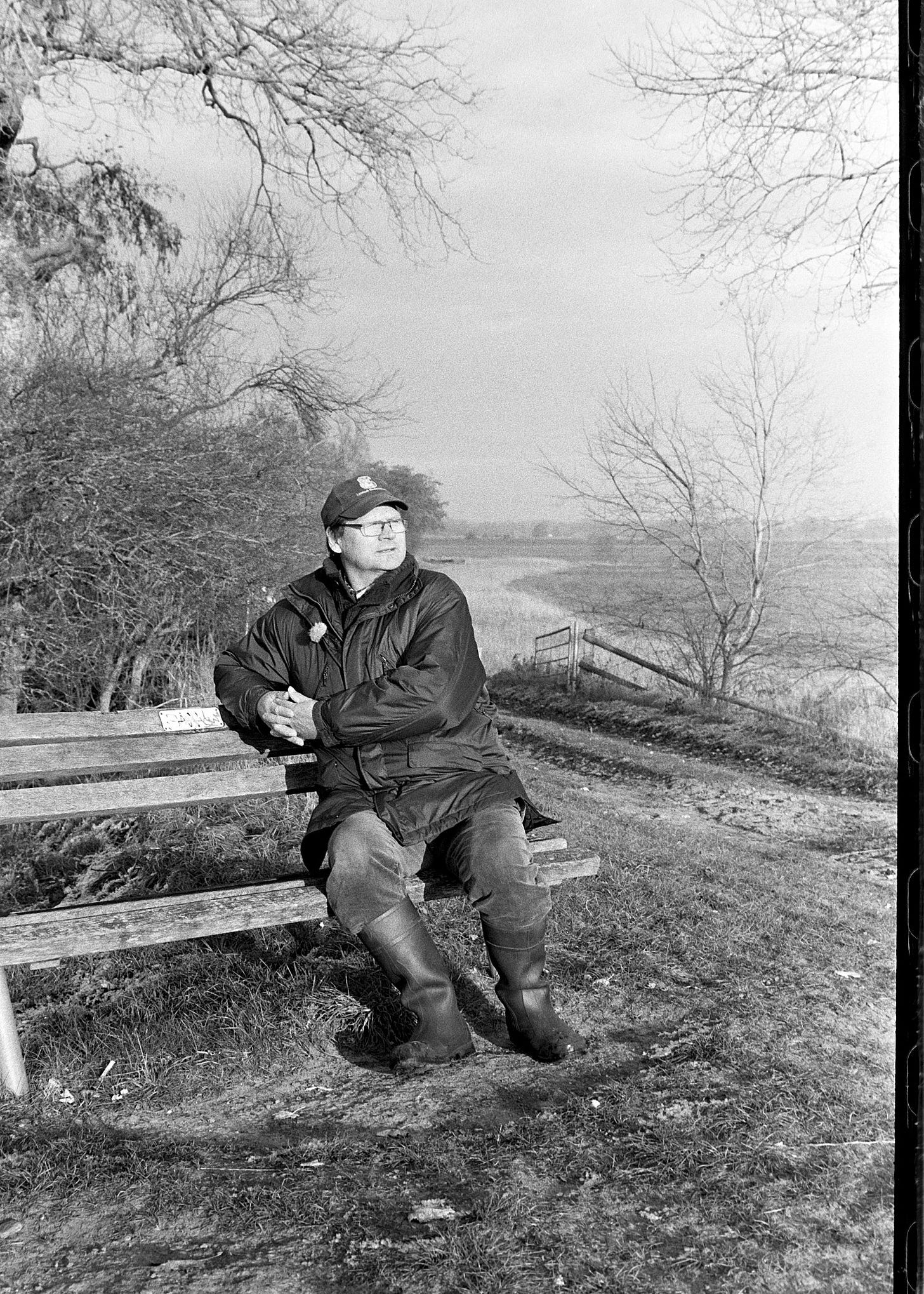Respecting identities is essential to European conservation efforts
Conservationists need empathy and tolerance to capitalise on the positive aspects of identity politics.

Trying to understand today’s dangerous politics of grievance and ressentiment, Francis Fukuyama wrote in his book Identity in 2018:
“When a stable, shared moral horizon disappears and is replaced by a cacophony of competing value systems, the vast majority of people do not rejoice at their newfound freedom of choice. Rather, they feel an intense insecurity and alienation because they do not know who their true self is.”
According to the Pew Research Centre, a median of 71% of citizens in developed countries prioritise environmental protection over job creation. Quite a thing, isn’t it?
Why’s that? Could be fear—of pollution or climate calamities. Perhaps it’s love—a sentimental attachment to our trees and creatures. Or maybe the unsettling transformation of local landscapes is causing alarm.
People sense insecurity and alienation
Yes, all those factors matter. However, according to Fukuyama’s ideas, the predominant drive is people’s sense of insecurity and alienation in our unstable times. The pursuit for a resilient environment mirrors their deeper wish for a stable, healthy life—a sentiment they confront daily, whether coming home from work, strolling the neighbourhood, or simply looking out the window.
Because environments combine uniqueness with uniformity, they become integral to local identities. The identity of villagers in moorland areas differs fundamentally from that of Swiss Alps farmers or urban Parisians. Each setting shapes the people within it, creating distinct local characters.
Identity-based conservation strengthens communities
Identity-based conservation is critical here. Conservationists need to first ask communities about their main concerns. Viewing the community as a living entity—with issues like rural exodus, economic imbalances, or social problems—gives a fuller understanding. Only with this complete view can conservation actions be tailored to strengthen people’s connection to their homeland, ensuring long-term success and local acceptance.
Personal conversations with farmers
In personal conversations with farmers who operate on heavily degraded peatlands, it became evident that they directly witness their work’s adverse climate and biodiversity implications because their land is shrinking. Their soil literally evaporates as greenhouse gas into the air.
When they degrade their land, they’re also eroding their identity, as their identity as farmers is intrinsically tied to their land. But the impact goes beyond them; the entire community suffers. What was once quaint land became a massive issue. Problems don’t help sustain a positive community identity.

Some farmers genuinely desire to quit destructive practices
But these farmers genuinely desire to quit destructive practices to preserve their land for future generations. However, economic pressures and misguided policies hold them hostage, forcing them to work against their best interests and dragging down the whole community.
Crafting policies that align with local identities is critical to effective Nature conservation. Identity-based conservation efforts not only engage communities but also validate their lifestyles. By tying conservation to identity, we can even incentivise the local private sector to join in, as their societal role gains prestige when linked to environmental stewardship.
Effective conservation boosts biodiversity, strengthens communities against climate change, and counters the grim perspectives found in Nature-deprived areas. People will find the view from their window or their neighbourhood walks revitalising. This healthy environment reduces feelings of alienation and insecurity, reinforcing their sense of identity through a stable, shared environment.
Conservationists need to show empathy and tolerance
Conservationists need empathy and tolerance to capitalise on the positive aspects of identity. They must recognise that Nature conservation is a vital component in a larger equation. This goes beyond the simple notion of “involving stakeholders”; it’s about a holistic understanding of the community’s needs and values through understanding their identity.
Protecting the environment and respecting Nature must ultimately become essential to European identity.




